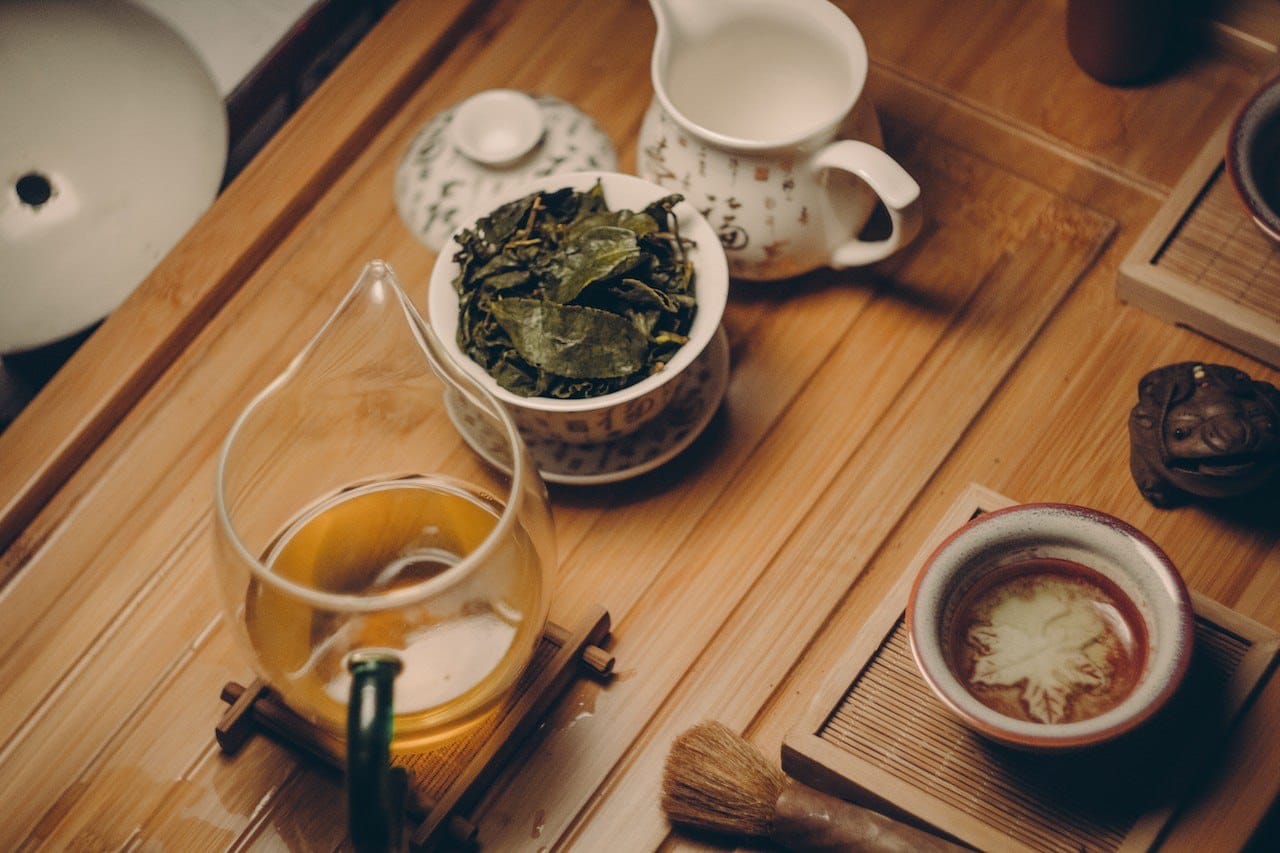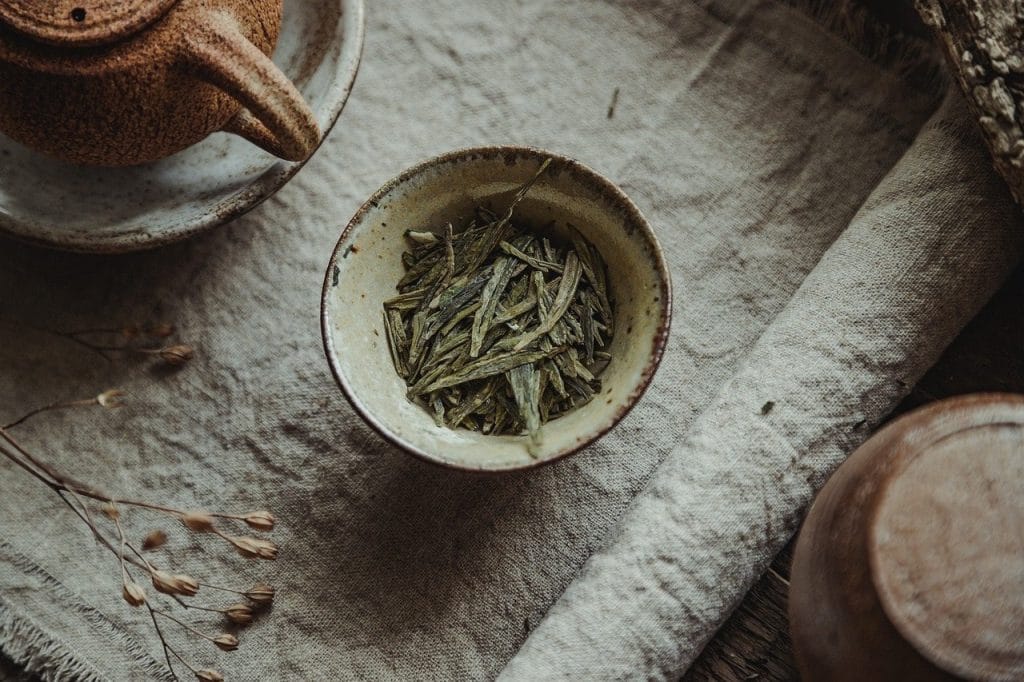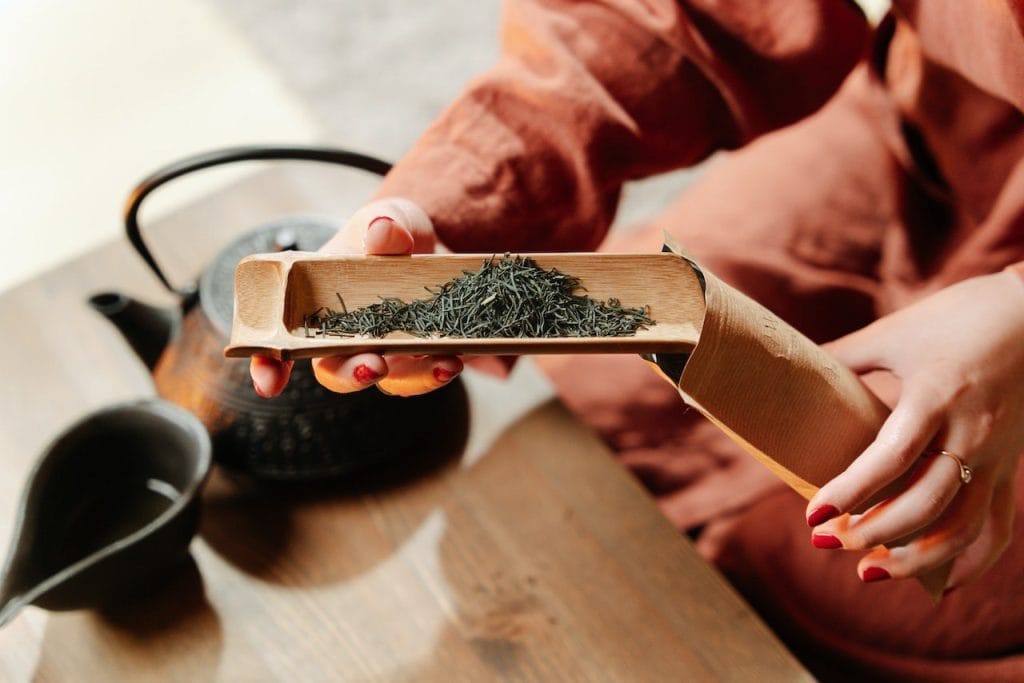There is an opinion, supported by marketers, that green tea is healthier than black tea. We decided to check if there is a scientific basis for this.
The question of which tea is healthier – black or green – is very popular on the Internet. He can be found in blogs about tea, on websites specialized shops, culinary resources, in women's magazines. Portals specializing in sports and healthy image life, they claim that green tea is the most beneficial.
Tea in Russia is often called a variety of drinks - from classic black to chamomile and hibiscus. However, in reality tea - these are the leaves of the Camellia sinensis plant, everything else is just herbal infusions, which are called the same because of a similar method of preparation. We will not talk about them in our analysis, since this is a completely separate voluminous topic.
There are a lot varieties teas: black, green, white, oolong, pu-erh, etc. Despite their obvious differences, they were all really originally the same plant. Their appearance and taste are influenced by the production process: region of growth, time of collection, oxidation (or lack thereof), drying method, etc. The most significant factor influencing the content of nutrients in tea is the degree oxidation (exposure to oxygen on tea). Black tea is oxidized the most, green and white are not oxidized, oolong tea is partially oxidized. Quite often, even in scientific texts, the process of oxidation confused with fermentation, however these are completely different chemical reactions. Only a few types of tea are fermented, e.g. puer.
How green tea and black help prevent heart disease, slow down the formation of atherosclerotic plaques - this has been confirmed by both theoretical studies and animal experiments. Both these type tea helps lower blood pressure. It has been established that black tea reduces the likelihood of developing coronary heart disease and reduces cholesterol (Chinese pu-erh tea was used in a study on rats). Japanese scientists found outwhat is drinking green tea reduces mortality from all causes, and especially from cardiovascular diseases.
Green tea helps remove toxins from the body - this has been confirmed experiment, in which scientists gave rats exposed to lead poisoning a green tea supplement for two months. At the end of the study, they had significantly lower blood lead levels than their counterparts who were not given green tea.
Black and green teas contain caffeine, which invigorates, improves mood due to the release of serotonin and dopamine. At the same time, unlike coffee (another popular drink that helps to cheer you up), tea contains L-theanine, which balances the effects of caffeine, providing a relaxing effect on the body. Working together, these two substances are more effective than caffeine alone. help help people concentrate and generally improve cognitive function. It is worth noting that green tea contains several levels of L-theanine. more, but in pu-erh, on the contrary, almost none.
Green tea contains unique substances - catechins EGCG, which, like think scientists, help fight and prevent certain types of cancer. Thus, researchers note an inverse relationship between the risk of developing cancer and the consumption of green tea by residents of the Asian region, where this drink has been common for many centuries. Mouse study too confirmed the effectiveness of green tea in the fight against breast cancer - in animals that received those same catechins, tumor development slowed down. However, it is worth noting that most research, which confirmed the anti-cancer effectiveness of green tea, was carried out on animals that received doses of catechins significantly higher than those usually consumed by humans.
Also this substance helps in the treatment of Alzheimer's disease, supports liver health, protects the body from exposure to bacteria and viruses, prevents development of osteoporosis. Catechins EGCG contained in large quantities in white tea; in its beneficial properties it is similar to green tea. In particular, there is researchconfirming that white tea provides effect on some types of cancer cells - due to the content of the same catechins.
Black tea, in turn, contains another unique substance - theaflavins, which help lower cholesterol and blood sugar levels. In addition, they reduce risk of developing cardiovascular diseases, e.g. atherosclerosis. Scientists suggestthat theaflavins may be effective in combating obesity. Essentially, theaflavins in black tea provide has about the same antioxidant effect on the body as the catechins in greens. Although some researchers thinkWhat are the antioxidants in green tea? more.
Black puer tea experiments on animals demonstrated effectiveness in the fight against cancer cells. However, as with green tea, animals (or cancer cells directly in vitro) received much larger doses of tea (in terms of body weight) than a person usually drinks.
White tea, like green tea, protects the body from the effects of free radicals - this has been confirmed as research on animals and experiments with human cells. Moreover, he promotes losing weight and capable speed up metabolism by 5% (same as green).
Those who want to get everything at once can pay attention to oolong. For it, the leaves are only half oxidized, so it does not completely lose the beneficial properties that are found in unoxidized green tea, but at the same time it partially acquires those inherent in black tea due to oxidation.
Thus, tea in general has many beneficial properties that are characteristic of all types of this drink. However, oxidized (black), semi-oxidized (oolong) and non-oxidized (green and white) teas have slightly different active ingredients. Although for the most part, the absence of, for example, super-healthy EGCG catechins due to oxidation in black tea is compensated by the presence of almost equally beneficial theaflavins. It is incorrect to say that one type of tea is healthier than another; you just need to study the properties of each and choose the one that is more important for the health of a particular person.
Mostly not true
Read on the topic:
- Is it true that brown sugar is healthier than white sugar?
- Is it true that hot drinks are healthier than cold drinks in hot weather?
- Is it true that first courses are healthier than second courses?
If you find a spelling or grammatical error, please let us know by highlighting the error text and clicking Ctrl+Enter.









